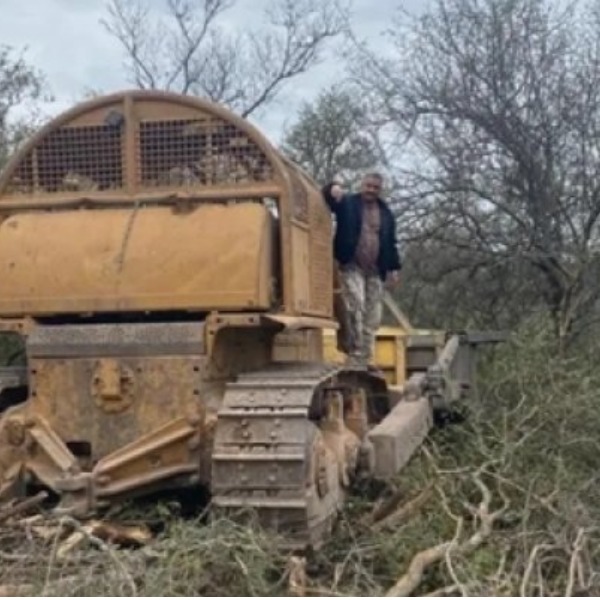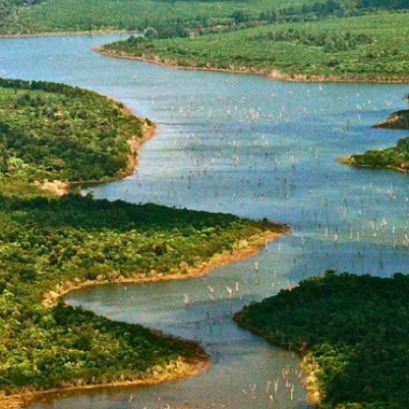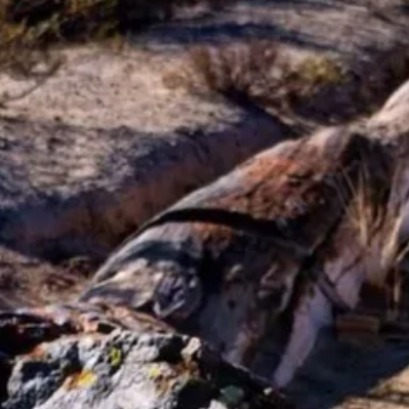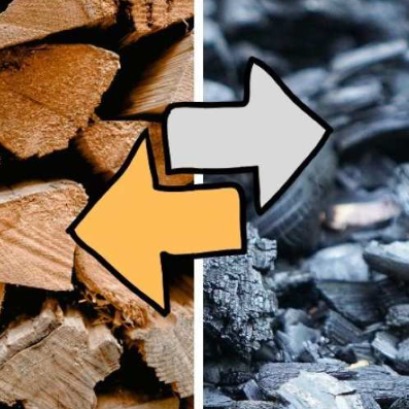
Chaco | Justice extends for six months the suspension of authorized clearings
Federal Justice decided to maintain for another six months the suspension of clearing in the province. From Greenpeace and the Argentine Association of Environmental Lawyers carry out a legal lawsuit, warning that Chaco was the second province with more clearing during the past year
The environmental organization detected that in 2024 41,718 hectares were deforested in the province, through flying and satellite image analysis. Viola the National Forest Law. According to the organization, the new regulations would allow the dismantling of about 1,200,000 hectares, affecting large mammal conservation corridors such as the Yaguareté. Imminent and irreversible damage to the ecosystem can be given in case of continuous acts, especially in the protected areas, expresses an extract of the failure. Greenpeace also denounces that the New Zoning reduces key areas for conservation, such as the area bordering on the Copo National Park and provincial reserves. Forest fires through the Votaporlosbosques.org page, where more than 265,000 people have already participated.
IT MAY INTEREST YOU
 The second largest wetland in South America is located in Argentina: what is it?
The second largest wetland in South America is located in Argentina: what is it?
Argentina has national parks that place it in a unique position within South America, competing with 300 others. Which is the largest? South America is home to more than 300 national parks, but many go unnoticed. There are extensive wetlands that have been the subject of major ecological restoration projects, to coastal mountains with deep indigenous heritage. Today we tell you the case of one located in Argentina.
 The forest of the oldest shadows: the story of the petrified trees
The forest of the oldest shadows: the story of the petrified trees
One of the natural treasures of Río Negro turns 23 years old under the protection law that allows its conservation. Where it is and how it was formed. Río Negro celebrates 23 years of conservation in the petrified forest as a Protected Natural Area (ANP). It is a space of 625 hectares that protects an exceptional site of fossil trunks that date back more than 60 million years.
 Canadian researchers make biochar from wood waste that rivals steel in strength
Canadian researchers make biochar from wood waste that rivals steel in strength
Researchers at the University of Toronto have developed monolithic biochar from wood that can reach an axial hardness of up to 2.25 GPa, similar to mild steel.





















